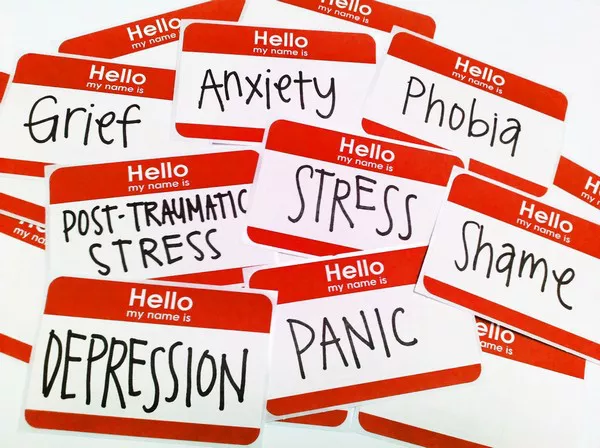As college campuses across the nation welcome millions of students back, it becomes evident that concerns transcending academic performance are exerting a significant influence.
Amid the pursuit of education, college students find themselves grappling with a multitude of mental health hurdles, encompassing anxiety, depression, and a diverse array of challenges. According to a survey conducted by TimelyCare, a telehealth provider of mental health services to educational institutions (formerly recognized as TimelyMD), a staggering 85% of college students indicate that they are experiencing either comparable or heightened stress levels compared to the previous year.
Seli Fakorzi, Director of Mental Health Operations at TimelyCare, underscores that students attribute their foremost source of stress to mental health, which is closely followed by concerns related to physical health and financial matters—spanning college tuition expenses and student loans.
“In anticipation of the fall semester, college students are confronted with a notable amalgamation of stressors and sleep deprivation,” Fakorzi underscores in a dialogue with Chief Healthcare Executive®. “This concern holds utmost significance. Furthermore, it’s noteworthy that mental health often constitutes the primary impetus for college students to discontinue their education.”
The fiscal encumbrances associated with higher education cast a significant shadow over numerous students, with Fakorzi elucidating that apprehensions pertaining to bill payments and loan repayments tangibly impact both mental health and physical well-being, including sleep patterns.
In instances where financial anxieties infiltrate students’ well-being, there exists a vulnerability for a downward spiral into depression, Fakorzi expounds, emphasizing the interconnectedness of these facets.


